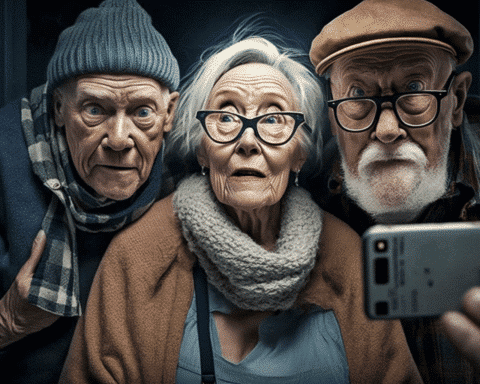TikTok, the Chinese-owned video-sharing app, has updated its content rulebook as it faces increasing pressure from Western authorities over concerns that the platform could be used to push false information.
A restructured set of community guidelines containing eight principles to aid content moderation decisions was made public by the company. The updated guidelines take effect from April 21 and provide additional details and explanations about restrictions on deepfakes or manipulated content created by AI technology.
New Guidelines for Content Moderation
TikTok is committed to upholding human rights and international legal frameworks, striving to be fair, protect human dignity, and balance freedom of expression with preventing harm.
TikTok has made its policy on deepfakes more explicit, stating that all manipulated content or deepfakes that present realistic scenes must be marked to indicate their falsity or alterations, constituting a noteworthy modification.
Deepfakes that mislead viewers about real-world events and cause harm are banned, including those of private figures and young people. Deepfakes of public figures are allowed in certain contexts, such as for artistic or educational content but not for political or commercial endorsements.
TikTok Under Fire from Western Authorities
TikTok, a video-sharing app owned by China, has faced criticism from various Western nations and the Asia-Pacific region, with an increasing number of governments prohibiting the app on devices utilized for official business.
This is due to concerns over cybersecurity and data privacy threats, as well as the possibility of the app being employed to spread pro-Beijing disinformation and propaganda. However, there is no evidence to suggest that TikTok has turned over user data to the Chinese government, as some of its critics have argued it would do.
CEO to Appear Before the U.S. Congress
The CEO of TikTok, Shou Zi Chew, is set to face questioning from the U.S. Congress on Thursday regarding the company’s relationship with the Chinese government and its data-security and privacy practices.
This comes amidst growing concerns from lawmakers and regulators about Chinese tech companies’ access to sensitive data, and the possibility of their cooperation with the Chinese government.
TikTok’s Response
Julie de Bailliencourt, TikTok’s global head of product policy, said the company’s principles are based on its commitment to uphold human rights and aligned with international legal frameworks. She added that TikTok strives to be fair, protect human dignity, and balance freedom of expression with preventing harm. The updated guidelines are part of TikTok’s ongoing efforts to improve its content moderation practices and ensure user safety.
TikTok’s updated guidelines and CEO appearance before the U.S. Congress reflect the increasing pressure faced by the company from Western authorities. The app’s commitment to upholding human rights and international legal frameworks, as well as its efforts to ensure user safety and prevent the spread of false information, will be closely scrutinized in the coming days and weeks. As TikTok seeks to expand its user base and compete with other social media platforms, it must continue to demonstrate its commitment to transparency, accountability, and responsible content moderation.




